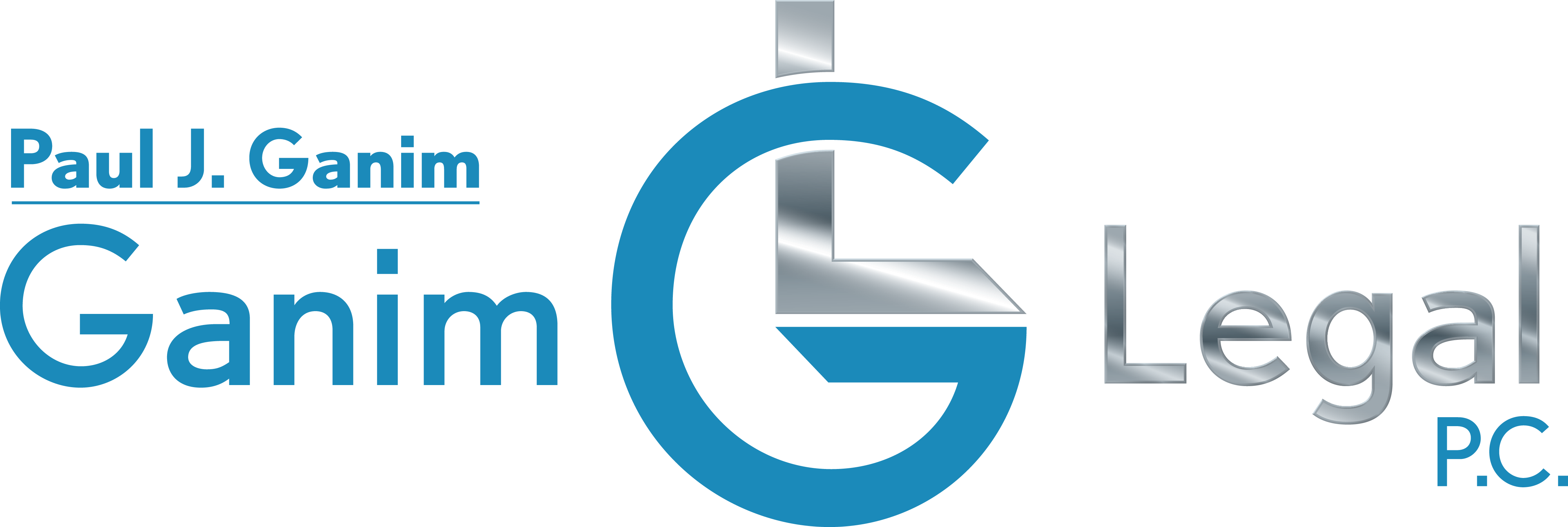Estate Expenses & Taxes
Experienced Probate Representation
At Ganim Legal, P.C., we have a strong probate practice. Our aim is to assist families and estate administrators in dealing with the legal problems that arise after the death of a loved one. Paul Ganim, our attorney, has almost 30 years of legal experience and has been a Probate Judge in Bridgeport since 1998. He is highly knowledgeable about all aspects of Connecticut probate law, including the rules regarding debt repayment.
*Please note: Due to his judicial appointment, Paul Ganim cannot represent clients in the Bridgeport Probate Court, but he can refer you to another competent lawyer who can help. However, he handles probate matters for other surrounding communities, including Fairfield, New Haven, Stamford, Norwalk, Trumbull, Westport, Easton, Monroe, Wilton, and Redding.
Settling Estate Liabilities In Connecticut
When settling the responsibilities of an estate in Connecticut, one of our first steps as your legal counsel will be to identify all the outstanding debts. This can include things like:
- Mortgage Loans
- Property Taxes
- Utility Bills
- Car Loans
- Credit Card Bills
- State and Federal Income Taxes
- Personal Loans
- Student Loans
- Homeowners’ Association Dues
- Loans Against Retirement Accounts
- Probate Administrative Fees
- Probate Legal Fees
Once we have identified these debts, we will address several questions before making payments. We need to determine if any major assets, such as a home, will be sold to pay off the debts, which creditors have filed claims, which creditors are not entitled to be repaid, whether there are enough assets to cover all the debts and expenses, and which creditors have priority for repayment.
While there are many factors to consider, our goal is to make this process as easy as possible for you.
Learn How To Handle Debts Of Deceased Relatives. Contact Us.




